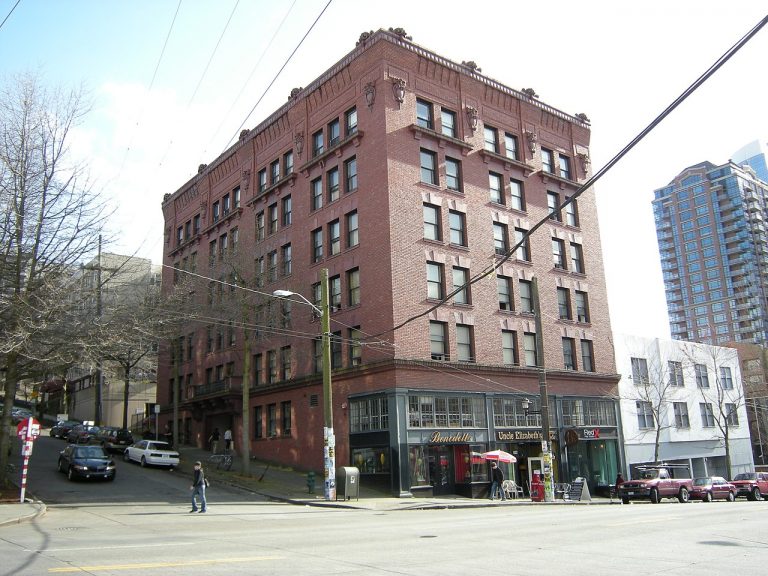Published on September 24, 2020

Border detention facilities, prisons and refugee camps have something in common with communal homeless shelters, University of Washington School of Medicine researchers say.
They’re home to “closed, crowded conditions where people have to live in small spaces and share a lot of common facilities,” said Dr. Helen Y. Chu, associate professor at the UW School of Medicine. Researchers from her lab have spent the last four months routinely testing residents of King County homeless shelters for COVID-19.
An analysis of those four months of testing was published Tuesday in the Annals of Internal Medicine. Researchers found that of the 1,434 homeless shelter residents tested for COVID-19 across 14 shelters, 29 turned up positive. Twenty-one had no symptoms when they were tested, and 24 of them had slept in a communal shelter in the prior week, as opposed to a private or family room.
The findings, particularly those showing the degree of asymptomatic spread, highlight how important it is to create safer conditions for people in crowded settings and to test vulnerable people regularly outside of the clinic, researchers say.
Chu and the researchers, as part of the Seattle Flu Study, already had a presence in some shelters before the pandemic broke out. When it did, the researchers got to work offering regular COVID-19 testing in shelters as well as “surge testing” of as many shelter residents as they could when a positive case was discovered.
Infectious disease experts worried early in the pandemic that people living homeless might be particularly vulnerable to the spread of COVID-19 in shelter settings. Many feared that people in homeless shelters, like those in nursing homes, might also be more severely affected if they contracted the disease, given the aging shelter population and high prevalence of chronic illness.
But in King County, the researchers found far fewer cases than they had feared.
“I think those are reflective of the fact that Seattle in general had controlled the pandemic very early and that community transmission was just low,” Chu said. “And I think probably this strategy of rapid identification and testing of the entire shelter probably also helped control.”
Continue reading at The Seattle Times.
Originally written by Sydney Brownstone for The Seattle Times.